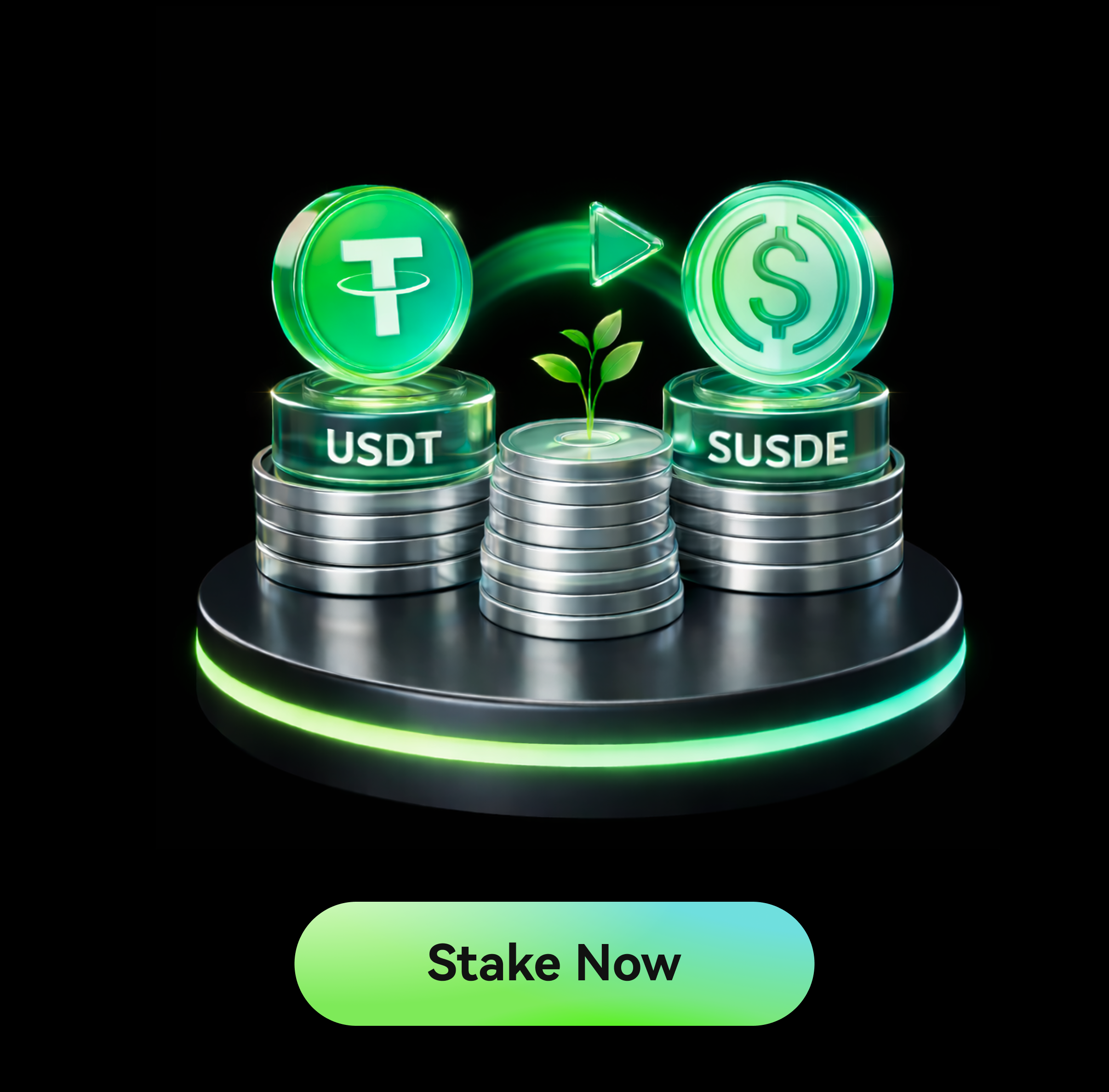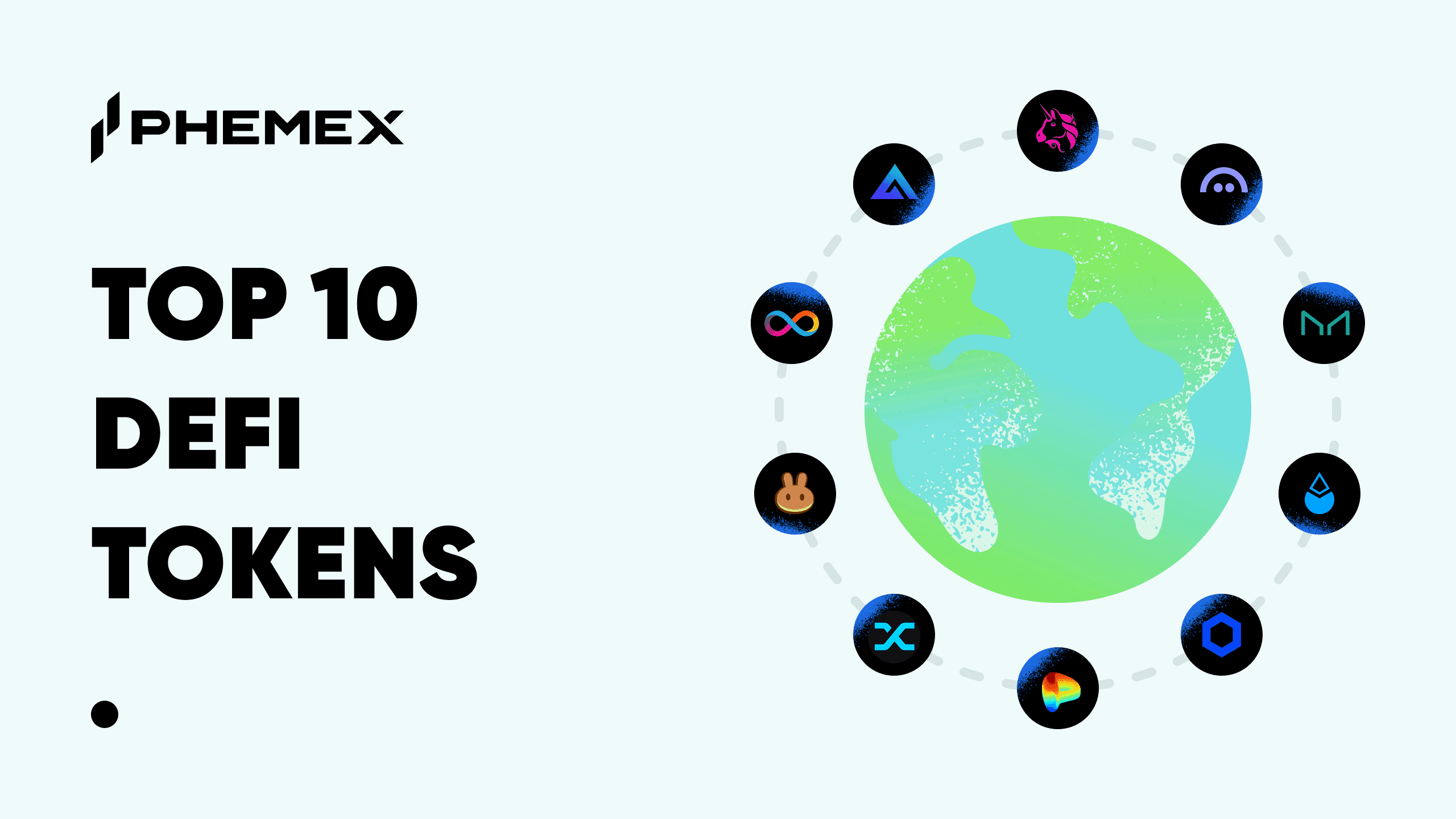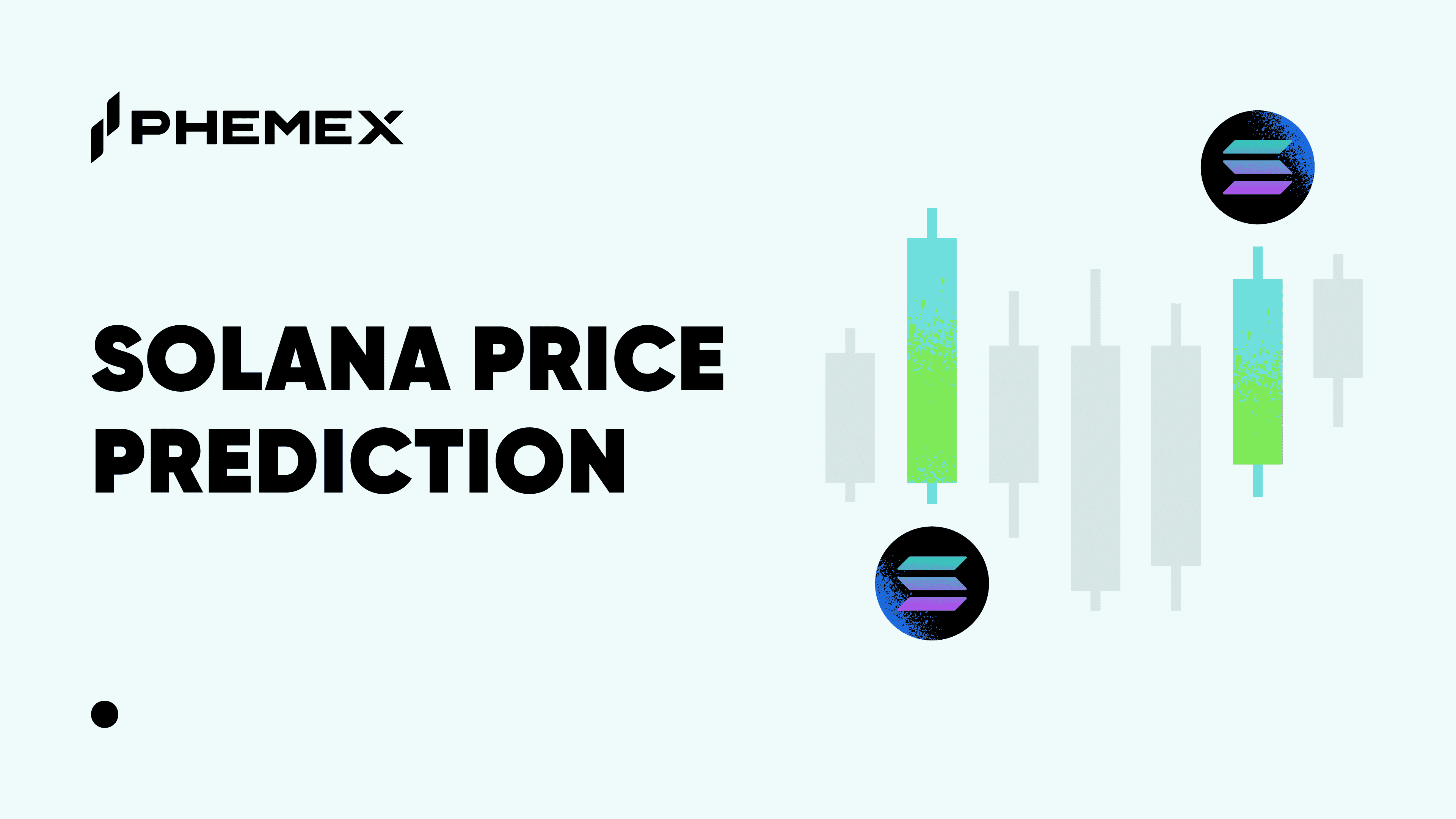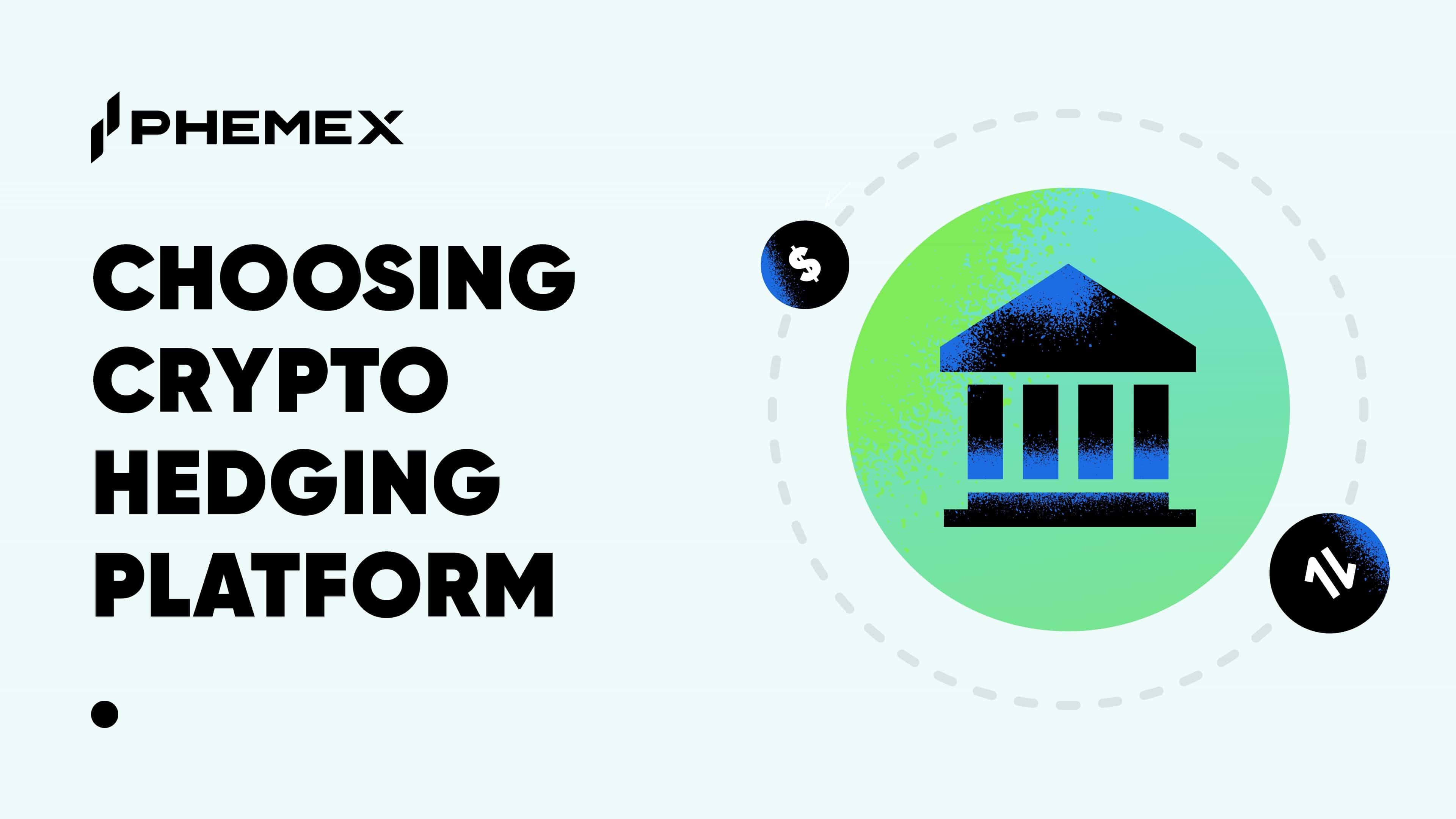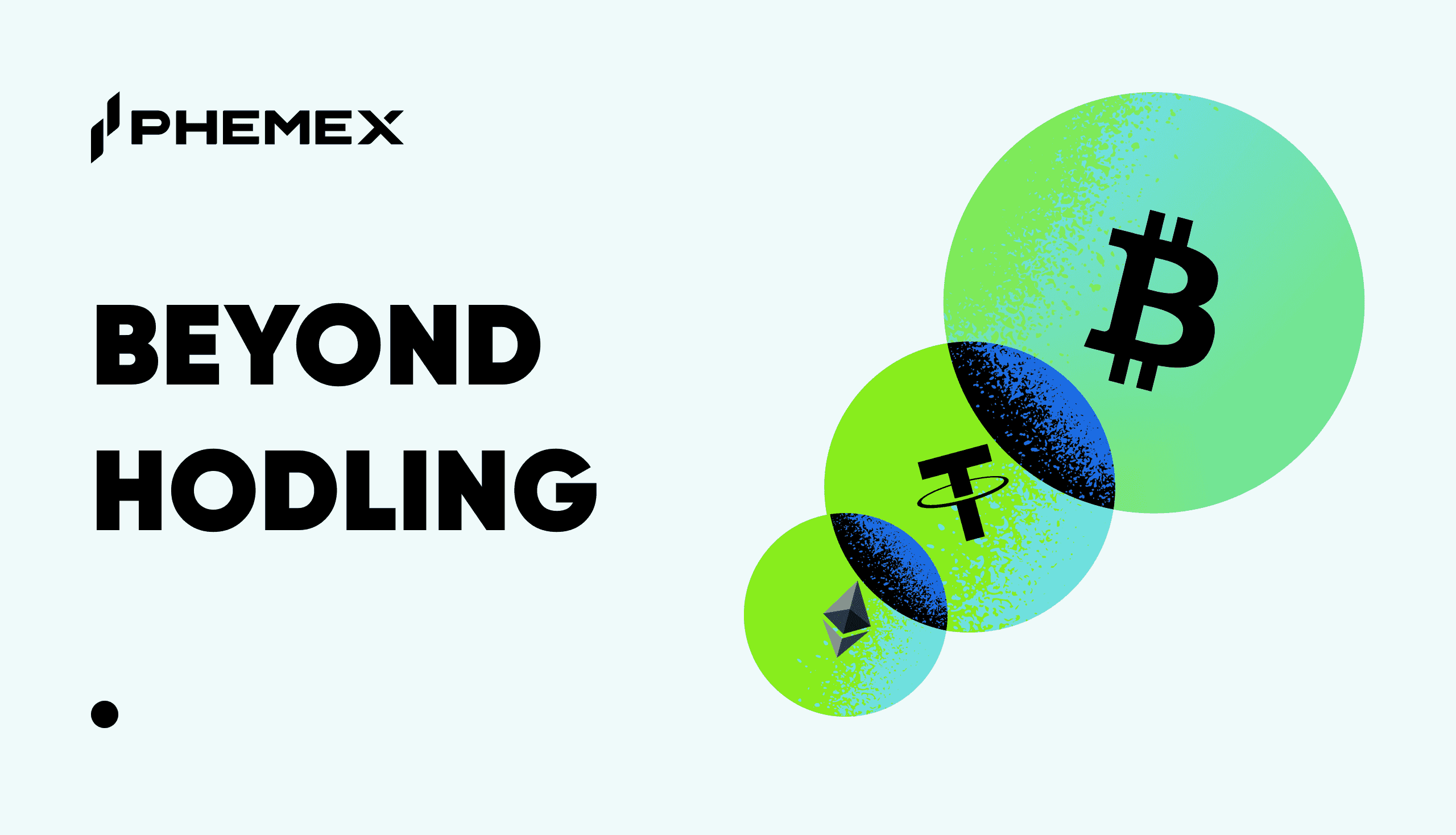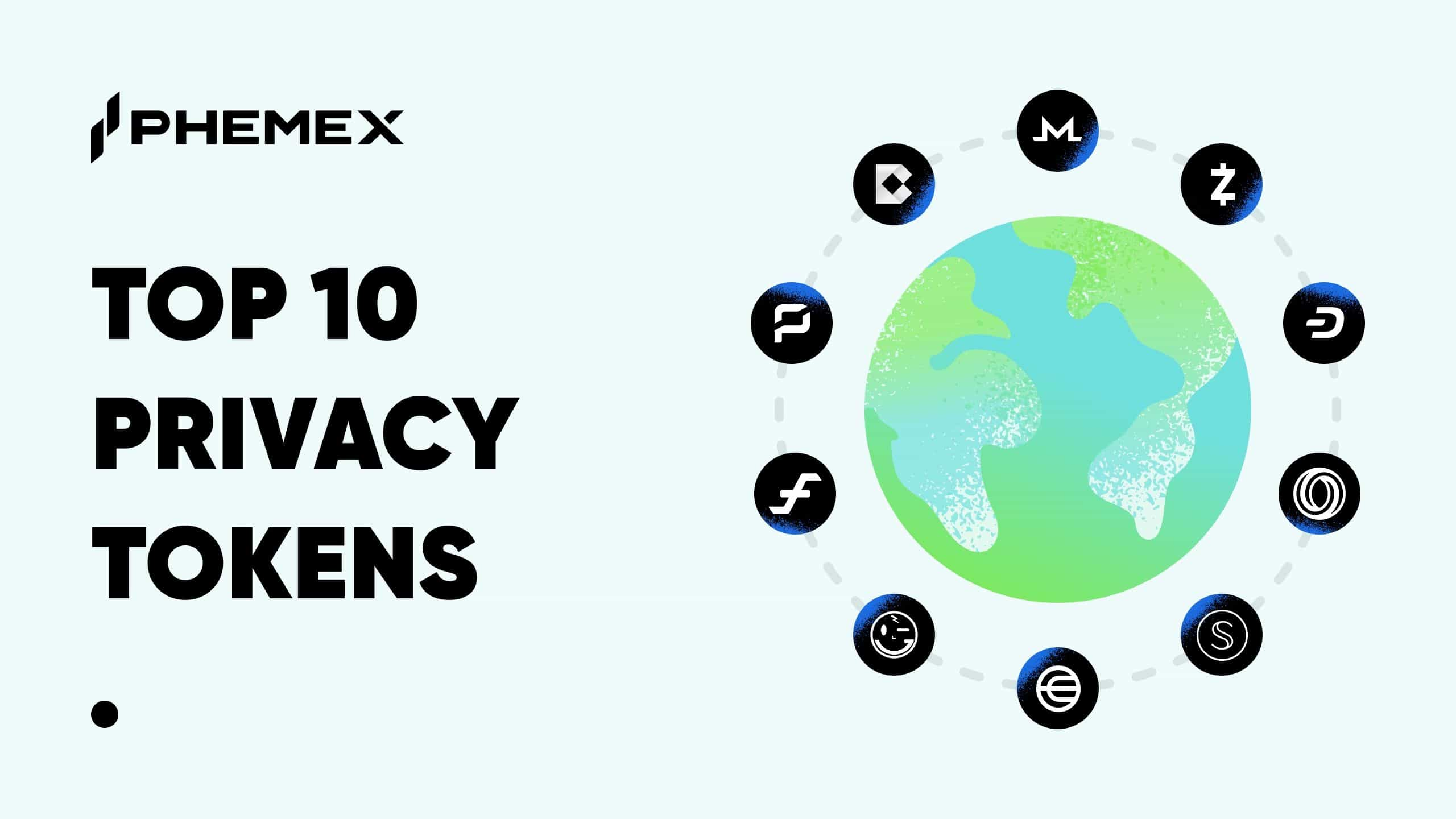What are Crypto Loans?
Crypto loans are an innovative financial solution that allows borrowers to secure funds using their cryptocurrency holdings as collateral without having to liquidate their digital assets. This financial mechanism is particularly beneficial for those who need liquidity but do not want to sell off their crypto assets, perhaps due to potential future appreciation or to avoid capital gains taxes.
Crypto loans can be broadly categorized into two types: centralized finance (CeFi) and decentralized finance (DeFi). CeFi loans involve a centralized platform that takes custody of the collateral, while DeFi loans utilize smart contracts on blockchain platforms like Ethereum, enabling transactions without intermediaries.
How Do Crypto Loans Work?
The Process:
- Collateral: To obtain a loan, borrowers must first lock up a portion of their cryptocurrency holdings as collateral. This collateral often exceeds the value of the loan to accommodate the volatility of the crypto market.
- Loan Agreement: The terms of the loan, including interest rate and loan duration, are established. DeFi loans often use smart contracts to automate these terms, while CeFi platforms may offer a more traditional agreement structure.
- Disbursement: Loans can be disbursed in fiat currencies or stablecoins, depending on the platform. The borrower gains access to funds without liquidating their crypto assets.
- Repayment: Over time, the borrower repays the loan with interest. Once fully repaid, the collateral is returned to the borrower. If the borrower fails to meet the repayment terms, the collateral can be liquidated to cover the loan.
Platforms:
Different platforms offer varying terms and services. For example, Aave offers flash loans requiring no collateral, provided they are repaid within the same transaction block. Phemex, being a hybrid platform, provides loans with a range of cryptocurrencies as collateral options.
Types of Crypto Loans
Crypto loans can primarily be classified into two categories: Centralized Finance (CeFi) loans and Decentralized Finance (DeFi) loans. Each type offers distinct mechanisms and operates under different principles:
- CeFi Loans: These loans are offered through centralized platforms which act as the intermediary overseeing the loan's terms, approval, disbursement, and repayment. Users must trust the platform with their collateral, which the platform controls during the loan period.
- DeFi Loans: DeFi loans utilize decentralized platforms that operate on blockchain technology, such as Ethereum. They use smart contracts to manage the loan process without any intermediary. Users interact directly with the protocol, which automates the loan terms, enforcement, and management.
What is a CeFi Loan?
CeFi loans are provided by centralized entities that maintain control over the loan's operations. Users deposit their cryptocurrencies into the platform's controlled wallets, and the platform then issues the loan, often in fiat currency or stablecoins. The advantages of CeFi loans include user-friendly interfaces, customer support, and integration with other financial services like exchanges or wallets. However, risks include platform insolvency, regulatory intervention, and security breaches.
What is a DeFi Loan?
DeFi loans operate through autonomous protocols on blockchain networks. They do not require intermediaries; instead, transactions are managed through smart contracts. When a borrower wants to take out a DeFi loan, they must overcollateralize, offering a higher value of cryptocurrency than they borrow to protect against volatility. The primary benefits are transparency, accessibility, and resistance to censorship. Nonetheless, DeFi loans carry risks such as smart contract vulnerabilities, lack of insurance, and the potential for rapid rate changes influenced by market dynamics. Furthermore, the necessity of overcollateralization may be burdensome for some borrowers.
What are the Risks of Crypto Loans?
Both types of crypto loans share common risks as well as have their unique challenges:
- Volatility: Crypto markets are notoriously volatile. Significant price drops can lead to liquidation events where the collateral is sold off to repay the loan.
- Platform and Contract Security: CeFi platforms may suffer from hacking incidents, while DeFi relies on smart contract code that could have exploitable bugs.
- Regulatory Risks: The uncertain regulatory environment around cryptocurrencies can lead to abrupt changes in how crypto loans are treated, potentially affecting their legality and operation.
- Liquidity Risks: In DeFi, if the liquidity pool doesn’t have enough assets to cover the loan at the time of repayment or liquidation, it may lead to issues in accessing funds.
- Operational Risks: CeFi users must trust the platform’s operational integrity, including the safekeeping of collateral and personal data protection, which could be compromised.
How to choose a lending protocol?
Choosing the right DeFi lending protocol involves several key factors to consider to ensure it aligns with your financial goals and risk tolerance. Here’s a streamlined guide to help you make an informed decision:
1. Supported Assets
Check if the protocol supports the cryptocurrencies you want to use. More asset options offer greater flexibility.
2. Interest Rates
Look for competitive interest rates for both lending and borrowing. These rates can vary significantly across platforms.
3. Security Measures
Prioritize platforms with strong security protocols, regular audits, and a good track record to minimize risk.
4. Liquidity
High liquidity means more efficient transactions and better prices. It’s essential for managing larger loans and more frequent trading.
5. Collateral and LTV Ratios
Understand the terms related to collateral requirements and loan-to-value ratios, as these affect how much you can borrow and the risk of liquidation.
6. Decentralization and Transparency
Opt for platforms that offer transparency in their operations and a high degree of decentralization to reduce risks associated with central control.
Top 8 DeFi Lending Platforms in 2024
As of 2024, the decentralized finance (DeFi) landscape has continued to evolve, with lending platforms playing a pivotal role in offering innovative financial services without traditional intermediaries. Here’s a closer look at the top 10 DeFi lending platforms that have made significant impacts and are shaping the future of decentralized lending:
1. Phemex
Phemex differentiates itself in the DeFi space by integrating the benefits of both centralized (CEX) and decentralized exchanges (DEX). Known for pioneering the hybrid exchange model, Phemex Lending Protocol offers robust security alongside attractive yields, making it an ideal platform for those looking to borrow or lend cryptocurrencies:
- Hybrid Exchange Model: Integrates the efficiency of CEXs with the innovation of DEXs for a seamless lending experience.
- Competitive Rates: Provides low borrowing rates starting at 5% for USDT, with extra discounts for vePT holders.
- High APY for Lenders: Offers attractive APYs competitive with top DeFi and CeFi platforms, promoting passive income.
- Flexible, Secure Loans: All loans are fully collateralized with flexible terms to fit diverse financial strategies.
- User Empowerment: Ensures immediate fund mobility without constraints, enhancing user control and convenience.
- Innovative Features: Continuously introduces new options like uncollateralized lending and automatic interest reinvestment.
2. Compound
Known for its algorithmic interest rates based on supply and demand, Compound supports a range of ERC-20 tokens. This platform facilitates efficient capital allocation and provides users with dynamic earning opportunities based on market conditions.
3. MakerDAO
MakerDAO is central to the DeFi ecosystem, allowing users to generate DAI, a stablecoin pegged to the US dollar, by collateralizing their crypto holdings. It features a robust governance model where decisions are made by MKR token holders.
4. Synthetix
Synthetix has broadened the scope of DeFi lending by enabling the creation of synthetic assets. This platform allows users to mint synthetic representations of real-world assets like fiat currencies and commodities, providing broad market exposure.
Focusing on stablecoin trading, Curve Finance enhances liquidity and efficiency for stablecoin pairs, making it a crucial player in the DeFi lending ecosystem. Its specialization in stablecoins uniquely positions it within the lending and trading markets.
Yearn.Finance optimizes yield farming strategies by automatically managing user deposits across various DeFi protocols. This platform is ideal for users looking for passive income through sophisticated, automated investment strategies.
7. Uniswap
Although primarily a decentralized exchange, Uniswap also facilitates lending through its liquidity pool model. Participants can lend their tokens to liquidity pools and earn fees from trading activities, indirectly engaging in DeFi lending.
8. Aave
Aave remains a leader in the DeFi space with its unique liquidity pool model and features like flash loans. It allows users to deposit and borrow a variety of cryptocurrencies, offering flexibility and rapid transactions without collateral under specific conditions.
Conclusion: Are Crypto Loans Worth It?
Crypto loans offer a flexible way for cryptocurrency holders to leverage their holdings without selling, potentially avoiding taxes on capital gains and providing liquidity for other investments or expenses. However, the risks associated with crypto market volatility and platform security must be carefully managed. Borrowers should consider their financial stability, the reputability of the loan provider, and the specific terms of their loan agreement before proceeding.
Crypto loans can be a powerful tool in a savvy investor's arsenal, but they come with significant risks that require careful consideration and active management.


